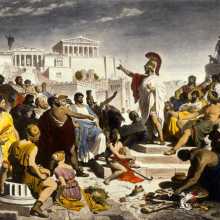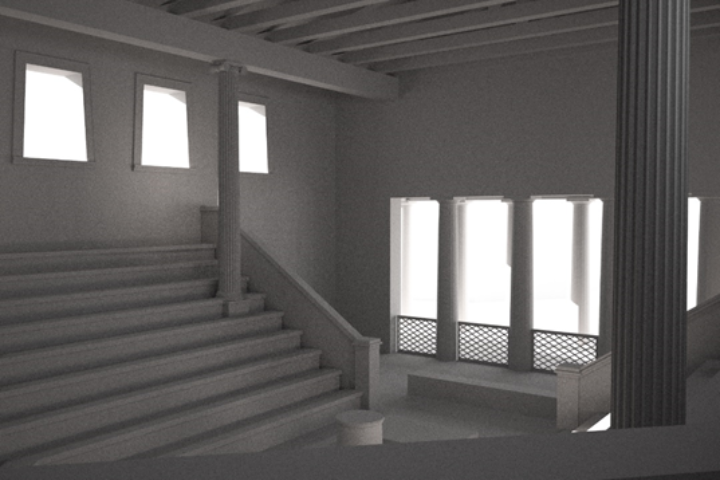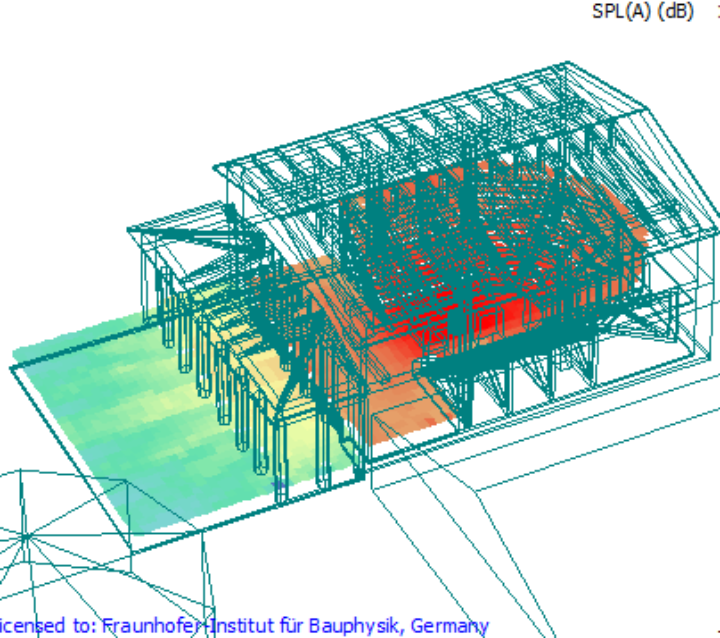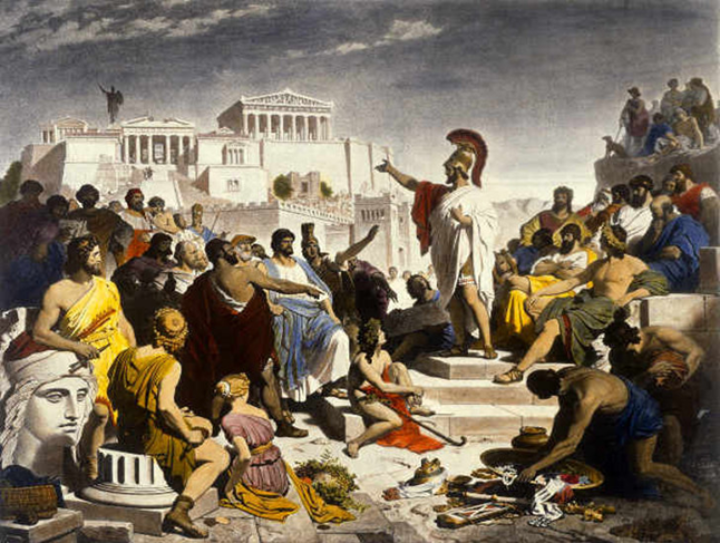The German Research Foundation is funding a three-year ancient history project at the University of Stuttgart's Institute of History with around EUR 500,000. The project “Oratorical Pragmatics and Political Decision-Making in Ancient Greece”, led by Prof. Peter Scholz, deals with the European practice of delivering public speeches, which originated in Ancient Greece and Rome. This research project will focus on the links between oratorical practice and political decision-making and the interaction between the speakers and the performative, spatial and acoustic conditions.
Rhetoric as part of the general education of the ruling classes
In Greek cities and in the Roman Empire, political decision-making was fundamentally connected to deliberative debate, with speaking in front of various political committees. Since the 5th century B.C., rhetoric was part of the general education of the ruling classes, and it not only played a key role in political communication throughout antiquity, but also in all subsequent periods of European culture - through the reception of ancient educational material. The project will consider not only the sites of public debate, their architectural context, and acoustic dimensions, but also the speakers and their auditoriums. To achieve this aim, the researchers will examine different types of assembly buildings from key areas of Greek cultural - from the earliest public assembly buildings dating back to the 5th century to the imperial odeia, whilst also considering speakers and auditoriums both as a part of, and an expression of, a special social configuration, where the respective roles were predetermined by varying demands and expectations on the social and legal position, habitus and education.
Reconstruction of a typical oratorical situation
Based on the evaluation of relevant literary sources and historical inscriptions, and the analysis of architectural assembly places and other spaces (theaters, market squares, buildings for public gatherings, assembly buildings, stadiums), typical oratorical situations from Greek culture will be reconstructed and simulated acoustically and visually using suitable examples. This allows for a critical examination of common assumptions about communication and interaction between speakers and their audience in public space. Furthermore, the project raises questions about the pragmatics of oratorical events - of the specific course and procedure of public speaking situations, of their social and political, structural, and also acoustic conditions and vocal prerequisites, thus providing a new approach to hitherto little studied questions, such as the accessibility and functioning of ancient committees and the possibilities and limits of political participation.





